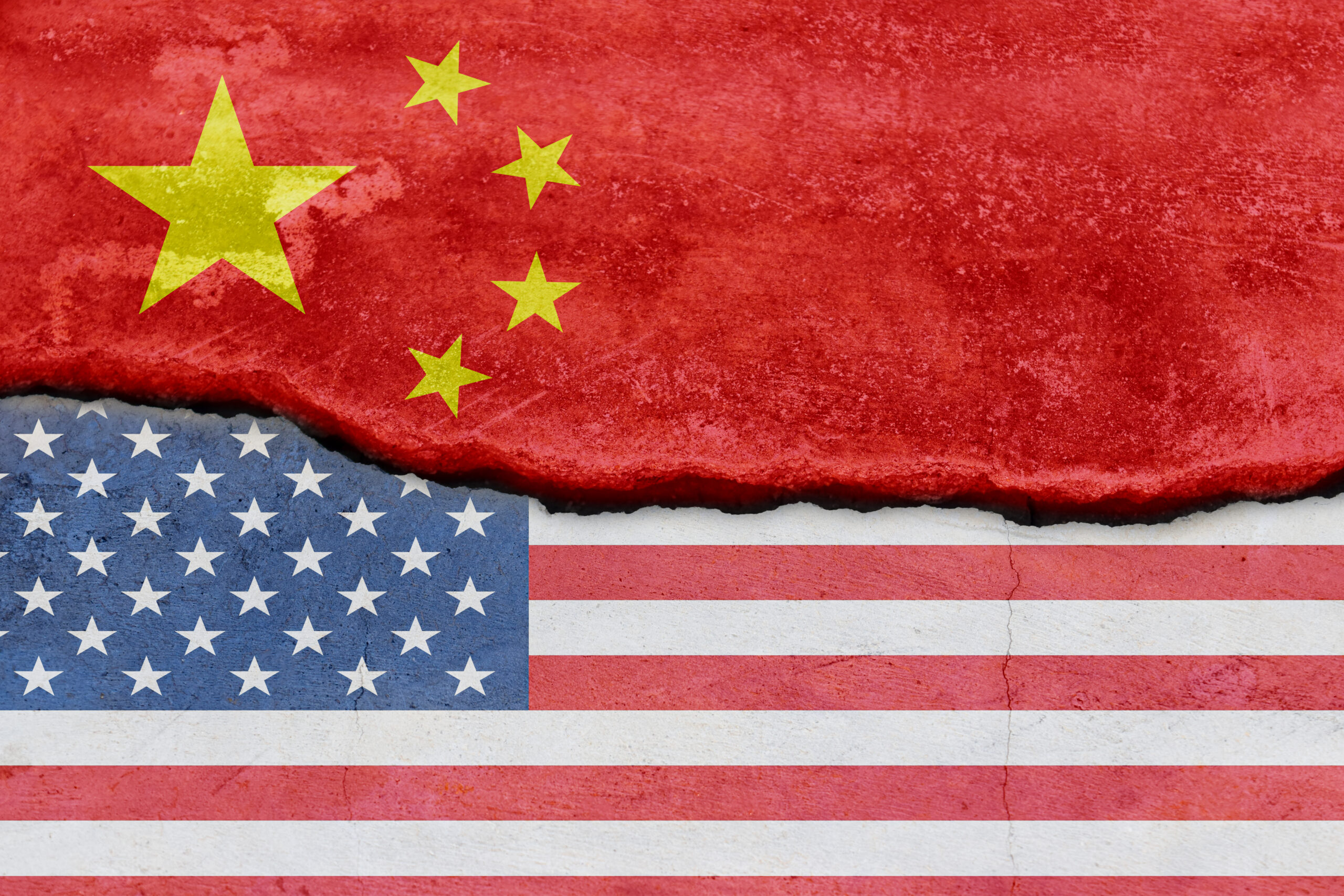Introduction
The recent meeting between US President Joe Biden and Chinese President Xi Jinping is a big deal in world politics. It’s like a scene from a global chess game where two superpowers, the US and China, are trying to figure out their next move. Let’s break down what this meeting means and why it’s important.

Background and What’s New
This summit isn’t just a random meet-up. It’s built on a long history of US-China relations, which have had their ups and downs. Recently, things have been tense, with issues like the Chinese spy balloon adding fuel to the fire. This meeting is a chance to see if they can cool things down a bit.
What They Agreed On
- Military Talks and Fighting Drug Trafficking
One big takeaway is that both countries want to start talking more, especially their militaries, to avoid misunderstandings. They’re also teaming up to fight drug trafficking, showing they can work together on global issues.
Why This Meeting Matters in World Politics
Biden’s decision to talk with China shows he’s sticking to traditional American diplomacy – talking even with rivals. This part of the article would explore why these kinds of meetings are key in international relations.

Tough Topics They Discussed
- Taiwan and the South China Sea
They didn’t shy away from hard topics. Taiwan’s future and who controls the South China Sea are big sticking points. We’ll look at what each side said and what it means for their relationship. - Economy and Competition
The US and China are economic giants, and they’re not always playing nice. This section digs into their economic strategies and how they compete and cooperate in the global market.
Looking Ahead: What This Means for the Future
- Impact on Asia and Beyond
The summit could shake things up, especially in the Asia-Pacific region. We’ll explore how this meeting might change the balance of power and affect future international relations. - ‘Managed Competition’
A key idea from the summit is ‘managed competition.’ It’s about the US and China competing but in a way that avoids conflicts. This part will explain how this concept could change the way big countries interact on the world stage.

Conclusion
The Biden-Xi summit is more than just a high-profile meeting. It’s a sign of how the US and China are trying to navigate their complicated relationship. From military talks to economic rivalry, this summit could be a turning point in how these two countries deal with each other and impact the rest of the world.
FAQ Section for the Biden-Xi Summit Article
Q1: Why is the Biden-Xi Summit important?
A1: The summit is crucial because it’s a rare opportunity for the leaders of the world’s two biggest powers, the US and China, to directly discuss their differences and find common ground. Their decisions can impact global politics, economics, and security.
Q2: What are the main issues discussed at the summit?
A2: Key issues included reopening military communication channels, collaborating on counter-narcotics efforts, Taiwan’s sovereignty, the South China Sea’s security, and economic practices and competition.
Q3: What does ‘managed competition’ mean?
A3: ‘Managed competition’ refers to the idea of the US and China competing in various areas but in a controlled manner that avoids direct conflict. It’s about balancing rivalry with cooperation to maintain global stability.
Q4: How does the summit affect the Asia-Pacific region?
A4: The outcomes of the summit could influence the strategic balance in the Asia-Pacific region, affecting how other countries in the area interact with the US and China and manage their own security and economic policies.
Q5: Were there any agreements made at the summit?
A5: Yes, one significant agreement was to reopen military communication channels, which had been a point of tension. They also agreed to establish a joint counter-narcotics working group.
Q6: What challenges remain after the summit?
A6: Despite the progress, challenges remain, especially regarding Taiwan and the South China Sea. Economic competition and differing political ideologies also continue to be areas of contention.
Q7: Can this summit lead to improved US-China relations?
A7: It’s a step in the right direction, but it’s not a magic solution. Improved relations will depend on ongoing efforts from both sides to manage their differences and find areas of mutual interest.
Q8: How does this summit fit into President Biden’s overall foreign policy?
A8: The summit aligns with Biden’s approach to engage with global competitors through diplomacy and dialogue, reflecting a commitment to traditional American diplomatic practices.
Q9: What impact does the summit have on global diplomacy?
A9: The summit demonstrates that even rival nations can come together to discuss critical issues, setting an example for international diplomacy and potentially influencing how other global conflicts are managed.
Q10: Will there be more meetings like this in the future?
A10: While future meetings aren’t guaranteed, the success of this summit could pave the way for ongoing dialogue between the US and China, especially on pressing global issues.
Sources Financial Times


